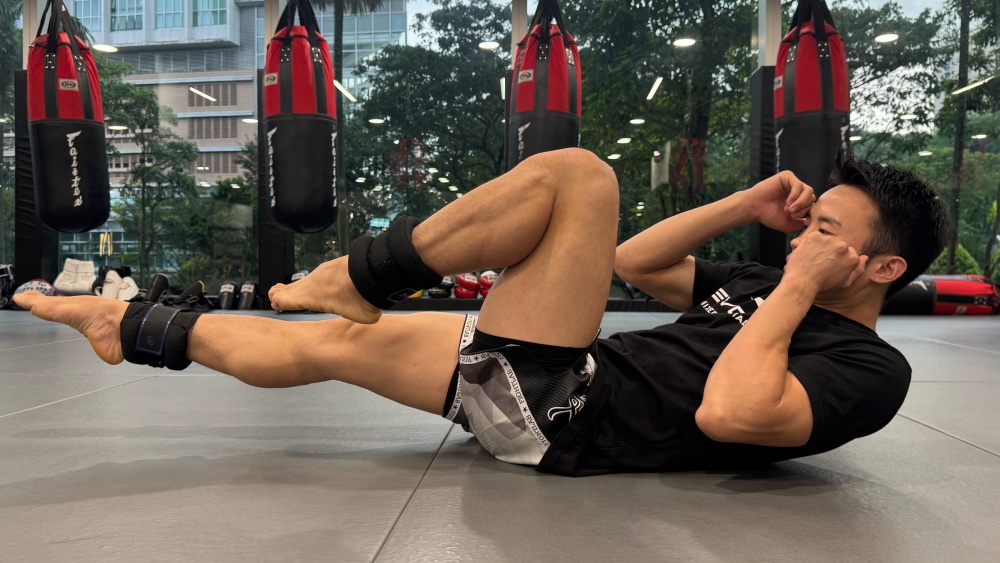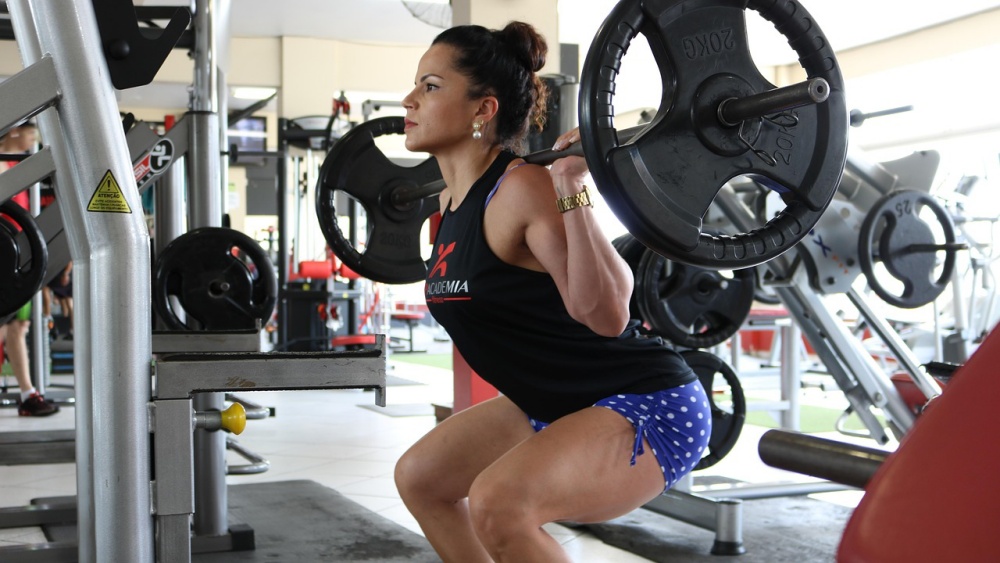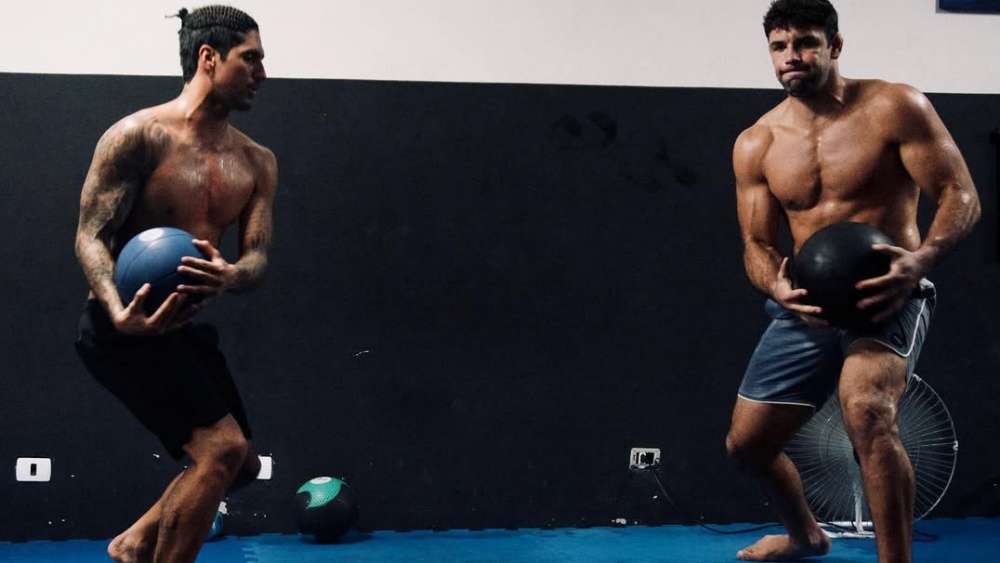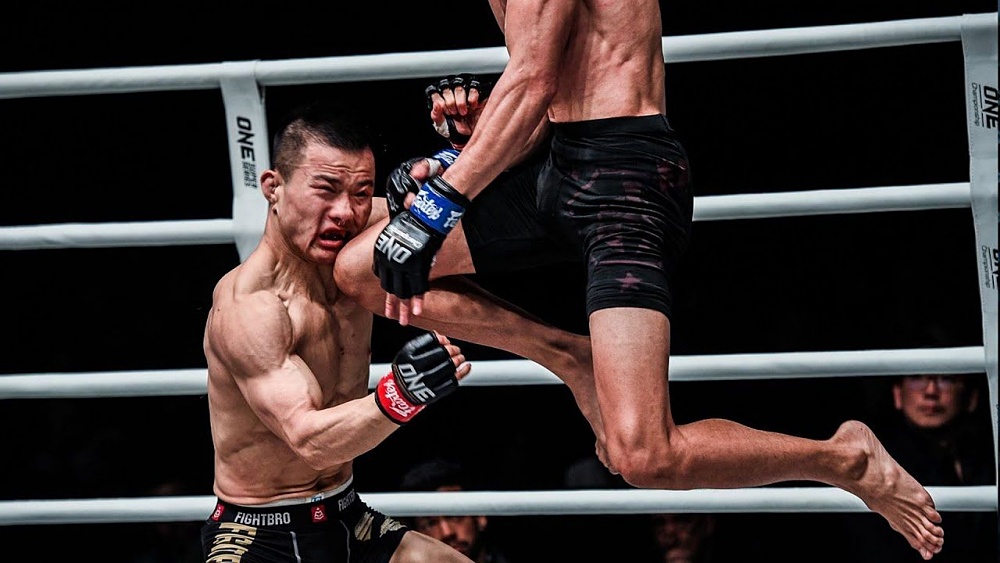Physical training, mental preparation, and proper nutrition are essential for peak performance. While certain foods can help boost athletic performance, others can significantly hinder it.
Nine Foods That Diminish Athletic Performance
This article will take a comprehensive look at some foods you should avoid for peak performance and what makes them bad for you. Some of the types of foods athletes should stay away from include:
1) Sugar
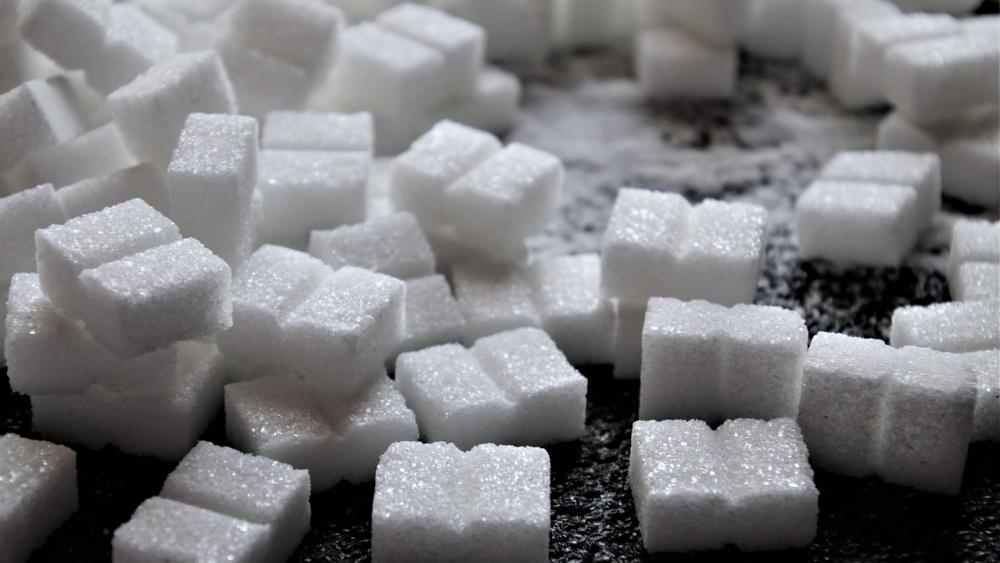
Here’s one of the hardest things on our list to avoid since it’s pretty much added to many foods and beverages these days. Consuming sugary foods like pastries, candies, and ice cream can provide a quick energy boost because of their glycemic index, but the boost is followed by a crash that leads to reduced alertness and fatigue.
Some of the reasons why athletes should avoid consuming sugar as much as possible include:
- Energy Crashes: The crash that comes after consuming sugary foods and drinks reduces cognitive function and induces lethargy, making it hard to perform optimally. Imagine feeling this way right in the middle of a Brazilian Jiu-Jitsu tournament.
- Blood Sugar Spikes: Consuming high amounts of sugar leads to significant spikes in blood sugar, which can lead to insulin resistance and health issues like diabetes over time.
- Weight Gain: Sugar is loaded with empty calories, and excessive calories can lead to weight gain. A single can of soda contains about 150 calories with no nutritional value.
2) Processed Foods

Processed foods can make your life much easier, given how accessible they are, but consuming them could hinder athletic performance. These foods are loaded with sugars, sodium, and unhealthy fats. Processed foods also have lower nutritional value than whole foods, so you’re better off making most of your meals from scratch.
Some of the reasons to avoid processed foods include:
- Inflammation: The refined sugars and trans fats in many processed foods can cause inflammation all over the body, leading to decreased mobility and joint pain.
- Low Nutritional Value: Processed foods are often low in essential fiber, minerals, and vitamins that help with muscle repair and energy production.
- Potential Digestive Issues: Processed foods often contain preservatives and other chemicals that can disrupt gut health and lead to gastrointestinal issues that hinder athletic performance.
3) Refined Carbohydrates
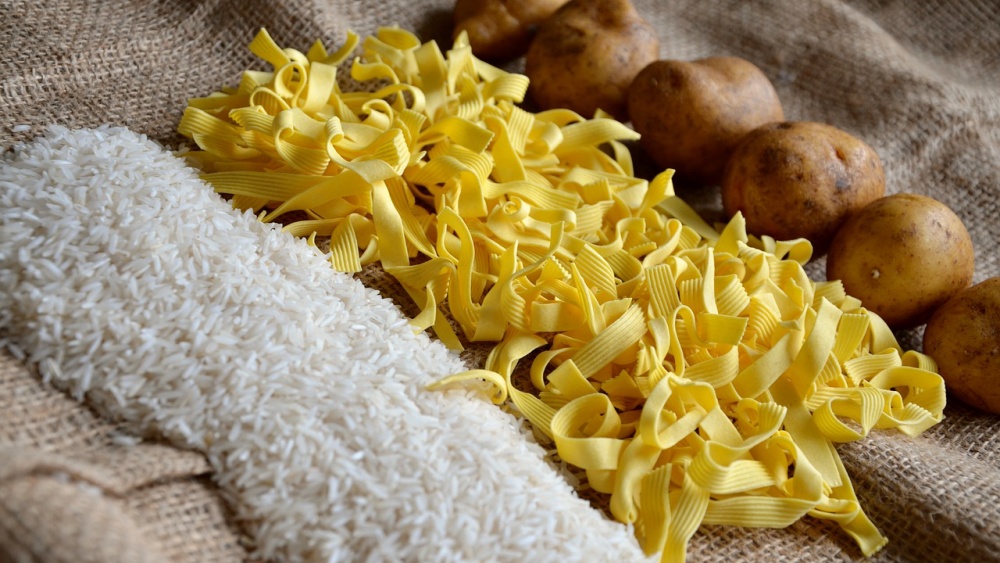
Refined carbohydrates like pasta, white rice, and white bread lack the essential nutrients and fiber you get with whole foods. These carbs have a similar effect on the body as sugar since they are digested quickly and lead to energy spikes, followed by a crash.
Some of the reasons why athletes should avoid making refined carbohydrates a main staple of their diet include:
- Blood Sugar Fluctuations: As is the case with sugar, refined carbs can lead to a rapid spike and drop in blood sugar levels, causing fluctuating energy levels.
- Leads To Overeating: Refined carbohydrates are rich in calories but less filling than whole grains. Refined carbs are quickly digested and used for energy, leading to a desire to eat more to feel full.
4) High-Fat Foods
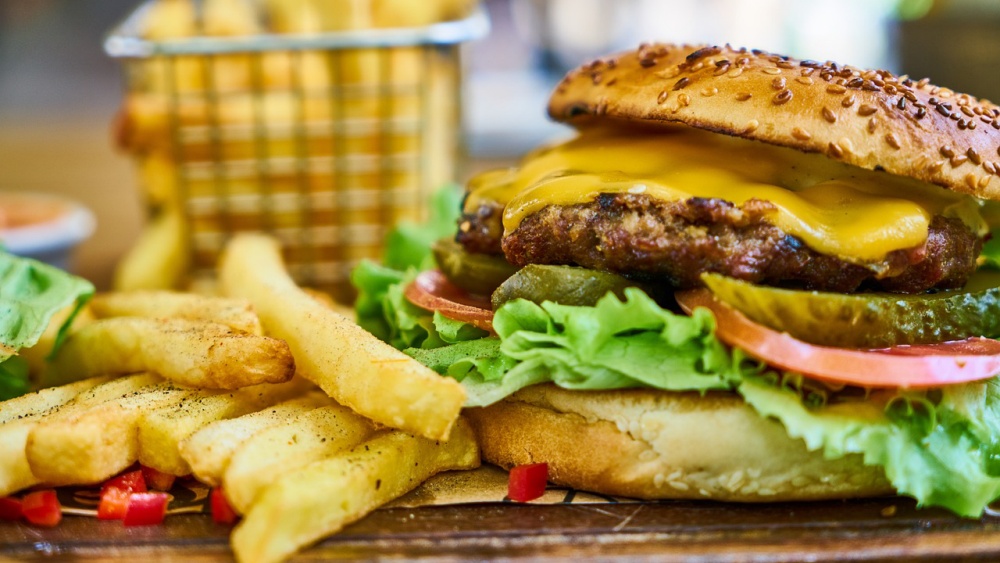
Some types of fat are vital for optimal performance, but foods loaded with unhealthy fats, like saturated and trans fats, can negatively impact performance.
Some of the reasons athletes should avoid consuming unhealthy fats include:
- Takes Longer To Digest: High-fat foods slow down the digestion process, which can leave you feeling heavy and sluggish.
- Negatively Impacts Cardiovascular Health: Trans and saturated fat increase the levels of bad cholesterol in the body, leading to reduced cardiovascular function and increasing your risk of health issues like heart attacks.
- Potential For Weight Gain: A diet rich in unhealthy fats can lead to weight gain since fats are the most calorie-dense foods. Weight gain hinders physical attributes like stamina and agility.
5) Alcohol
Consuming alcohol can severely affect your cognitive function and athletic performance. Some of the reasons why serious athletes tend to stay away from alcohol include:
- Causes Dehydration: Alcohol is a diuretic, so it leads to increased urine production and dehydration, which impairs cognitive function and athletic performance.
- Hinders Muscle Recovery: Alcohol interferes with the body’s ability to repair muscle tissues damaged during your training sessions, leading to longer recovery times and less muscle-building.
- Disrupts Sleep: There is a widespread misconception that alcohol helps you sleep, but it has the opposite effect. Alcohol works as a sedative, which leads to people thinking it improves their sleep, but what it does is lower your sleep quality.
6) Foods High In Sodium
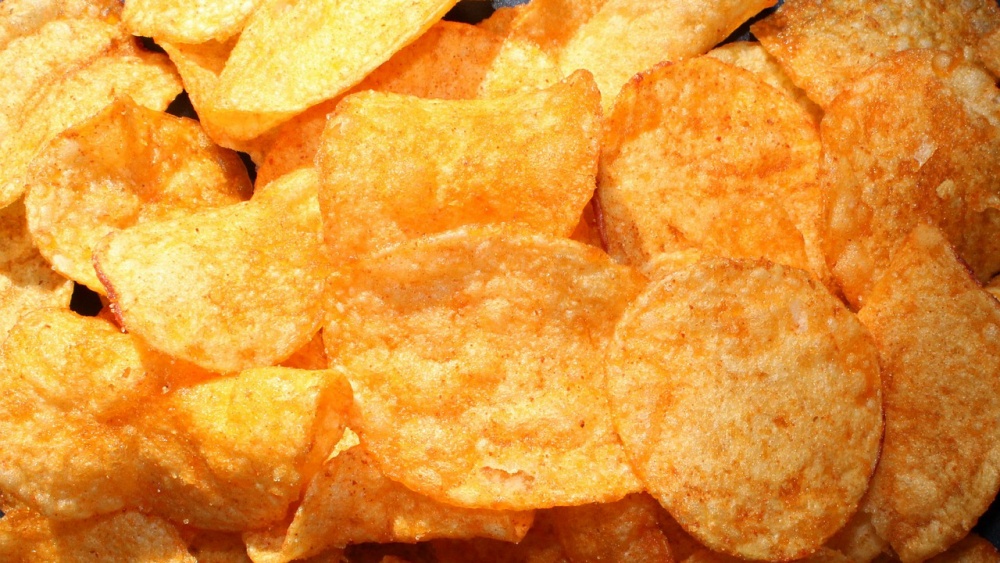
High-sodium foods like French fries, processed meats, and potato chips harm your cardiovascular health and increase water retention in the body.
Some of the reasons you should avoid salty foods and snacks include:
- Increases The Risk Of Dehydration: Dehydration reduces athletic performance, which increases feelings of fatigue. Carrying excess water weight also diminishes physical performance.
- Increases Blood Pressure: High salt intake can lead to increased blood pressure, putting extra strain on your heart, which reduces endurance.
- Impairs Kidney Function: Excessive amounts of sodium in your blood can impair kidney function, leading to electrolyte imbalances and reduced physical health.
7) Artificial Sweeteners
While replacing sugar with artificial sweeteners might be tempting, the latter can be just as detrimental to your health and athletic performance.
Some of the reasons athletes are often advised to stay away from artificial sweeteners include:
- Negatively Impacts Gut Health: Artificial sweeteners tend to disrupt the balance of bacteria in the gut, leading to poor nutrient absorption and digestive problems.
- Alters Metabolic Response: Regularly consuming artificial sweeteners can change your body’s natural metabolic response, leading to issues like insulin resistance and weight gain.
- Increases Sugar Cravings: Artificial sweeteners can lead to cravings for sugar-rich foods, making you more likely to stray away from your diet plan.
Sports drinks, which contain electrolytes, are often recommended for athletes post-workout to rehydrate, but opting for water and a banana is a better choice.
Sports drinks are advertised at every major athletic event, yet only a tiny fraction of high-level athletes consume these products. Water is enough to properly rehydrate during intense physical activity, particularly if you replenish electrolytes by consuming fruits like bananas.
Some of the reasons athletes should avoid sports drinks include:
- Filled With Synthetic Substances: While sports drinks can help to replace electrolytes and rehydrate, they are filled with sugar, dyes, and other synthetic substances that can damage your health.
- Potential Oral Issues: Some athletes report having negative effects on their oral-dental health after consuming sports drinks.
9) White Salt
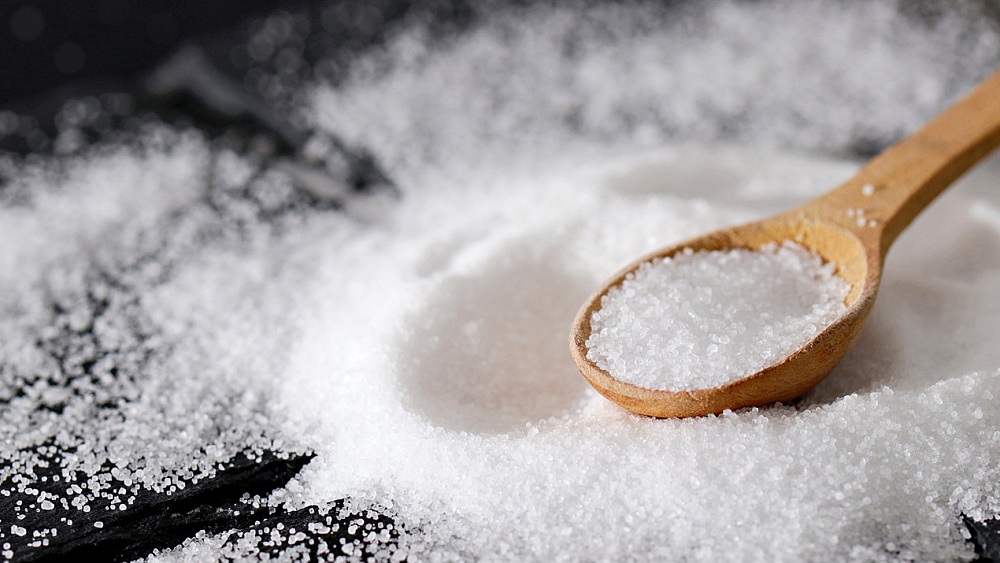
Sodium chloride, commonly known as white salt, is a high-processed substance that can cause internal stress in the body. Consider using pink salt to avoid the potential side effects of white salt.
Some of the reasons athletes avoid using sodium chloride include:
- Causes Water Retention: Table salt can lead to water retention, which reduces athletic performance and can lead to fatigue.
- Stresses Internal Organs: Too much white salt can strain organs like your heart and kidneys.
The Things You Eat Affect How You Perform
Your body must be fueled with the proper macronutrients and micronutrients to attain peak athletic performance. Train hard and avoid the foods on our list to optimize your athletic abilities.
You may also like:
Protein Powder Vs Pre-Workout: Choosing The Right Supplement For Your Goals




